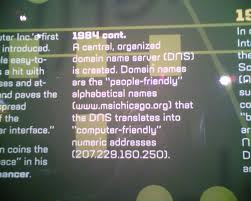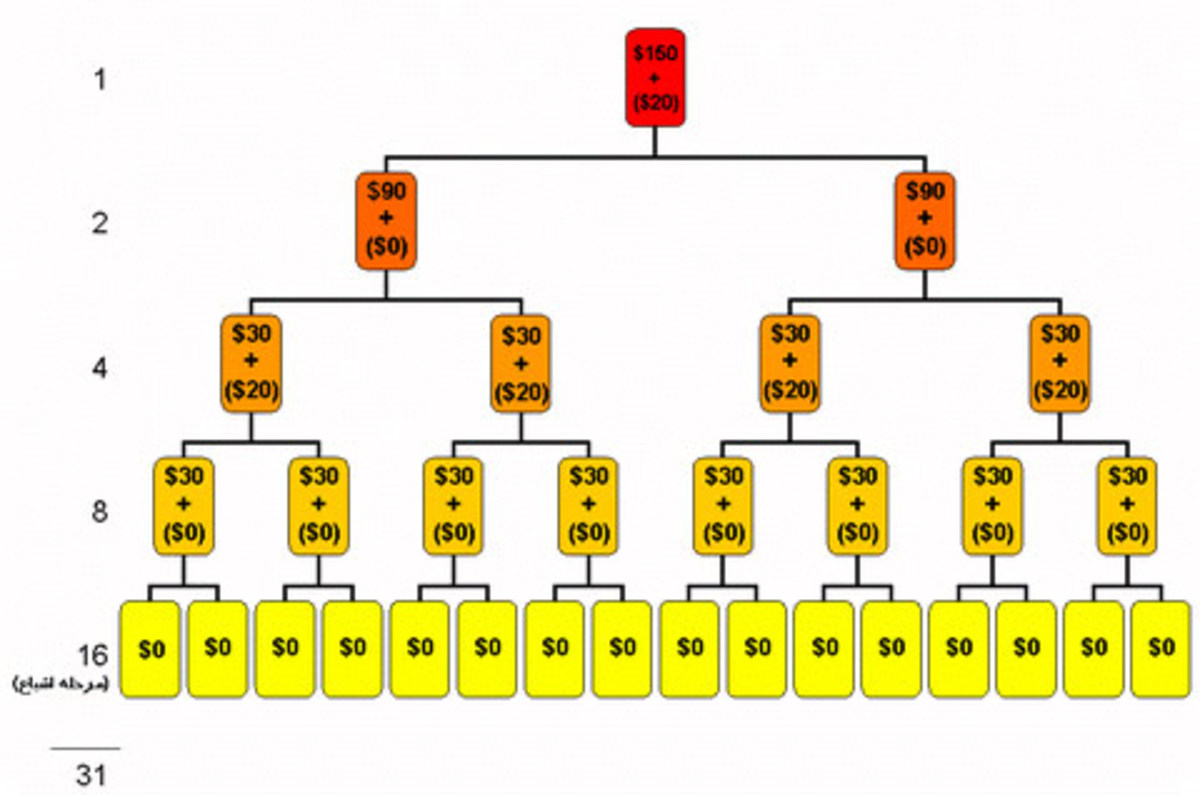How to avoid scam domain names

Have you heard of the new scam in domain names?
Have you heard of the new scam in domain names? Probably not. They don’t garner as much attention as work-at-home schemes or even spam emails, but they can drain your money just as efficiently. How does this happen? And how can you avoid being scammed by a domain name company?
Scam Domain Name 1: Buying (Too) High
The first way a domain name scam works may seem legitimate: a person buys a domain name and receives said domain name. What’s wrong with that? He or she has purchased the name at a vastly inflated price – far more than it is worth.
The typical domain name costs from one dollar to $35. Some are even free. But scam domain names charge way more than that – from $300 to well over $2,000. While many domain name companies also offer web hosting and marketing assistance, scam domain name companies usually deliver just the name. No website. No assistance. Nothing more than an overpriced domain name.
Scam Domain Name 2: No Domain for You
The second scam in domain names is to simply not provide a name at all. This can happen with so-called “free names” (that turn out not to be free), but it can also happen with paid domain names – even pricy ones. Usually, domain names are turned around within a week. If more than seven days have passed and the purchaser has no domain name, they probably have been victims of scammed domain names.
What to do when you know you’ve been scammed
If you’ve been scammed by a domain name company, what should you do? If you discover you’ve overpaid for your name, there’s not much you can do as long as the name has been delivered. You might try to get a refund, but chances are the company won’t have a policy for that.
If your domain name hasn’t been delivered, you can file a complaint with the IC3 (the Internet Crime Center). This organization has partnered with the FBI and the National White Collar Crime Center. If they determine that a company has indeed done a scam with domain names and acted fraudulently, they can conduct a criminal investigation against them.
Another resource is the Better Business Bureau (the BBB). Many people use the BBB to research companies, so a complaint that states a group has been scamming domain names could have a considerable impact on their future business. It also protects others from being scammed.
You can also counteract the scam domain name scheme by alerting your credit card company or PayPal. If the credit card company determines there was fraud involved, you can get your money back. If PayPal (or another payment processor) finds evidence of fraudulent dealings, they will freeze the account. The company cannot make any more transactions until they clear up the complaint.
Scam domain names aren’t well-known, but they do happen. Avoid them by checking out domain name companies with the BBB Online. You can also google the company name along with the word scam to see if any reports have been made. On the internet, a little caution now can reduce the risk of becoming the victim of a scam domain name later.








